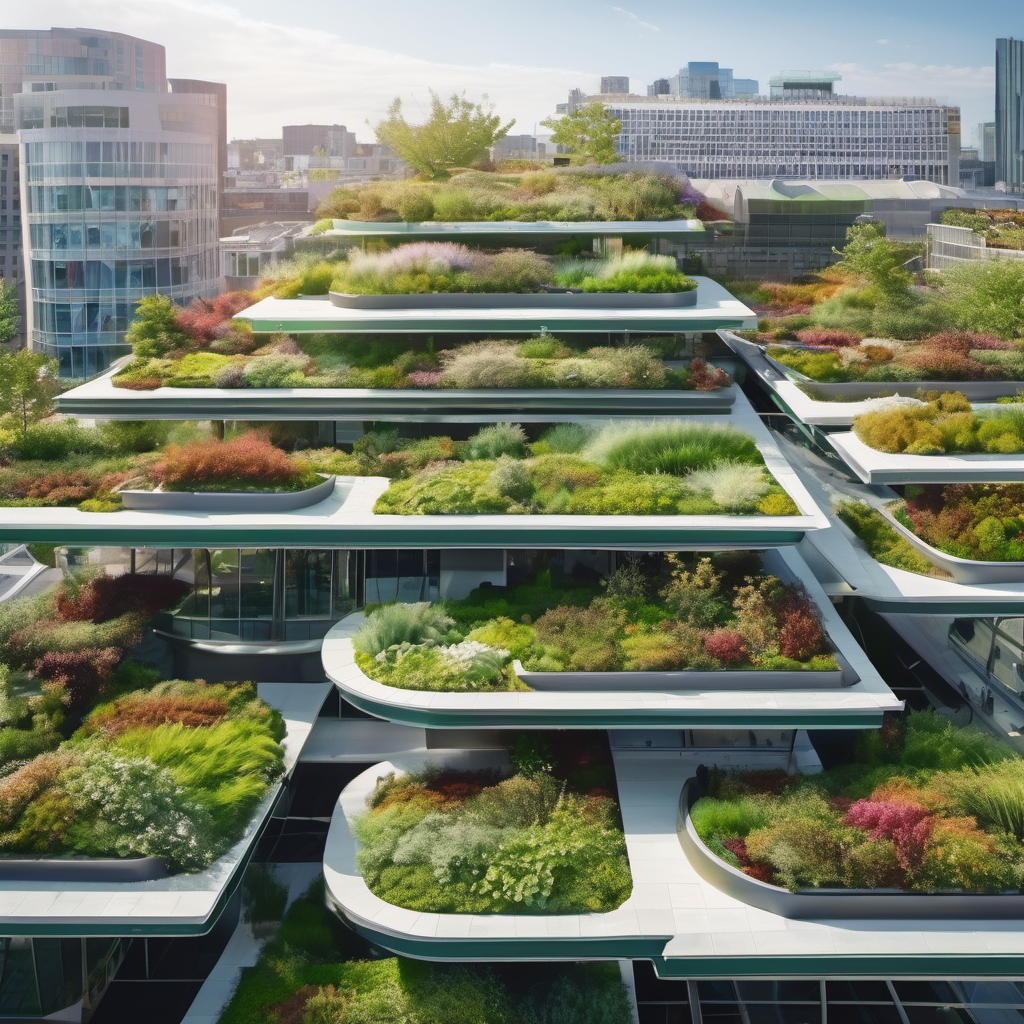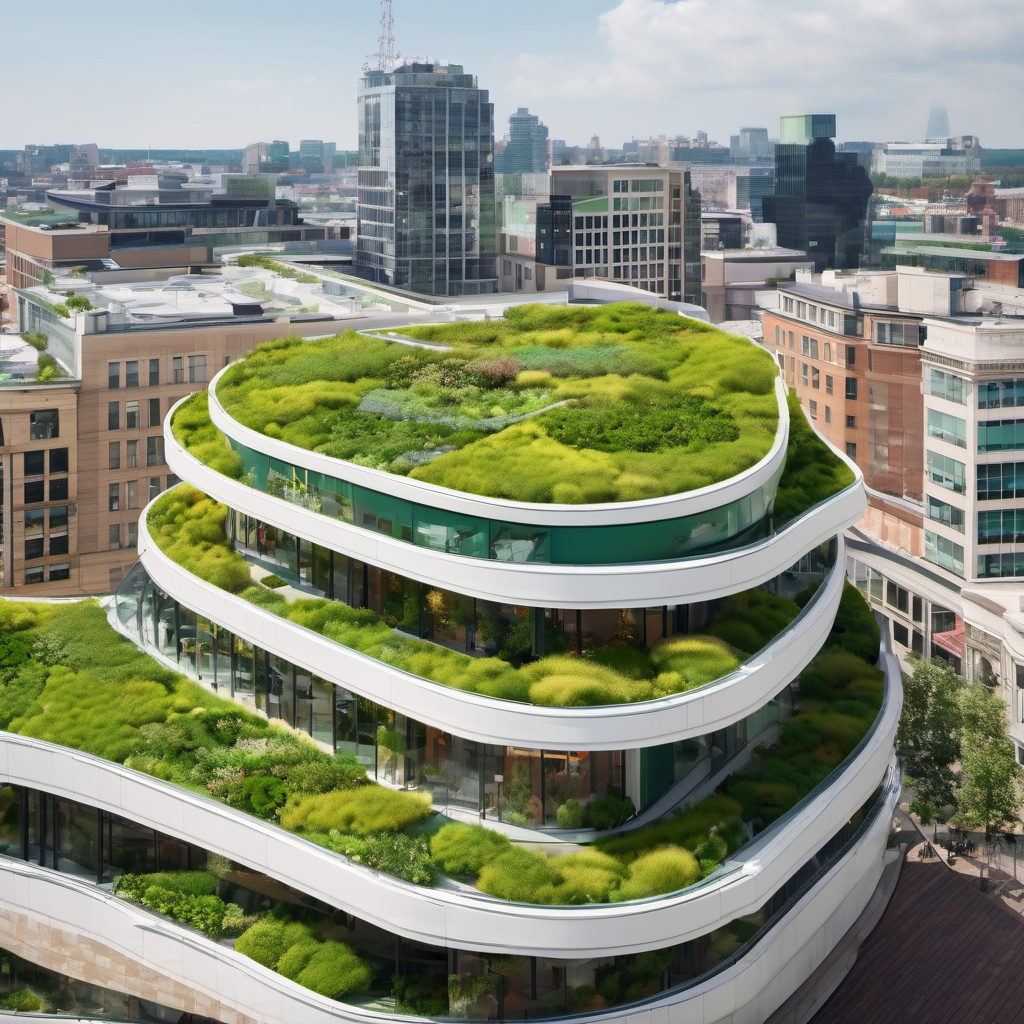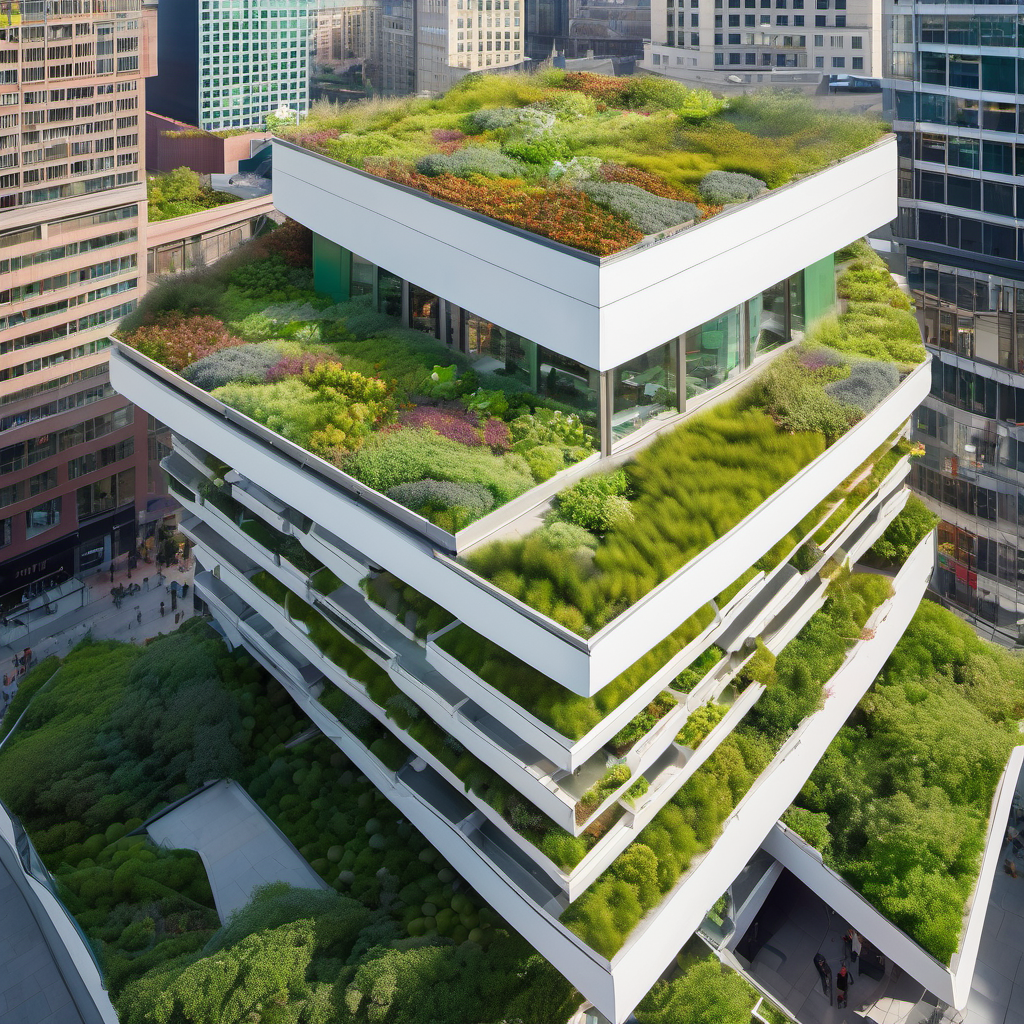In the dynamic landscape of urban sustainable innovations, businesses are increasingly recognizing the immense potential of sustainable design principles and strategic partnerships to drive growth, enhance competitiveness, and foster innovation.
As cities evolve into interconnected hubs of technological advancement, the intersection of design, cybersecurity, GDPR compliance, and business partnerships offers lucrative opportunities for businesses to shape the cities of tomorrow while maximizing their bottom line.
Designing for Sustainability: A Business Opportunity
Sustainable design isn’t just about environmental responsibility – it’s also a smart business strategy.
Forward-thinking businesses are embracing sustainable design principles to create
- products,
- services, and
- solutions that resonate with environmentally-conscious consumers.
From eco-friendly packaging to energy-efficient buildings, sustainable design not only enhances brand reputation but also drives cost savings, operational efficiency, and customer loyalty.
Sustainable Innovations Examples
Energy Efficiency Solutions
- Smart thermostats and energy management systems for homes and businesses.
- Energy-efficient appliances, for example refrigerators, washing machines, and HVAC systems.
- LED lighting solutions for residential, commercial, and industrial applications.
- Solar panels and renewable energy systems for decentralized power generation.
- Home energy monitoring devices and apps to track and optimize energy consumption.
Sustainable Transportation Options
- Electric vehicles (EVs) and hybrid cars for reduced emissions and fossil fuel consumption.
- Bike-sharing and electric scooter-sharing services for short-distance urban travel.
- Public transit apps and platforms for seamless navigation and trip planning.
- Carpooling and ridesharing platforms to optimize vehicle occupancy and reduce traffic congestion.
- Sustainable urban mobility solutions, such as light rail, bus rapid transit (BRT), and pedestrian-friendly infrastructure.
Eco-Friendly Building Materials and Construction
- Recycled and reclaimed building materials, e.g.: reclaimed wood, recycled glass, and recycled metal.
- Energy-efficient windows and insulation materials for improved thermal performance.
- Low-VOC (volatile organic compound) paints and coatings for healthier indoor air quality.
- Prefabricated modular construction solutions for faster, more sustainable building projects.
- Green roofs and living walls for natural insulation, stormwater management, and biodiversity.

Waste Reduction and Recycling Solutions
- Composting bins and systems for organic waste diversion and soil enrichment.
- Recycling bins and sorting stations for efficient waste segregation and recycling.
- Zero-waste lifestyle products, e..g: reusable bags, water bottles, and food containers.
- Upcycled and recycled consumer goods, including furniture, clothing, and accessories.
- Circular economy initiatives and platforms for product sharing, swapping, and reuse.
Sustainable Food and Agriculture Innovations
- Plant-based and lab-grown meat alternatives for reduced environmental impact and animal welfare.
- Urban farming and community gardens for local food production and food security.
- Organic and regenerative agriculture practices for soil health and carbon sequestration.
- Food waste reduction apps and platforms to minimize food waste at home and in restaurants.
- Sustainable seafood certifications and traceability systems for responsible fishing practices.
Water Conservation and Management Solutions
- Smart irrigation systems and sensors for efficient water use in landscaping and agriculture.
- Low-flow faucets, showerheads, and toilets for water-efficient plumbing fixtures.
- Rainwater harvesting systems for collecting and storing rainwater for landscape irrigation and non-potable uses.
- Greywater recycling systems for treating and reusing wastewater from sinks, showers, and laundry.
- Water footprint calculators and conservation campaigns to raise awareness about water usage habits and encourage conservation.
Cybersecurity: Protecting Business Interests in Smart City Ventures
As businesses increasingly leverage IoT devices and digital infrastructure to deliver innovative solutions in smart cities, cybersecurity emerges as a critical concern.
Protecting
- intellectual property,
- customer data, and
- proprietary technologies against cyber threats
is paramount to safeguarding business interests and maintaining competitive advantage.
Businesses must invest in robust cybersecurity measures, proactive threat intelligence, and employee training to mitigate risks and ensure the integrity of their smart city ventures.
GDPR Compliance: Navigating Data Privacy Regulations
In the era of data-driven sustainable innovations, compliance with GDPR regulations is essential for businesses operating in smart urban environments. GDPR establishes guidelines for the ethical collection, storage, and use of personal data, imposing strict penalties for non-compliance.
By prioritizing GDPR compliance, businesses demonstrate their commitment to data privacy, transparency, and trustworthiness, thereby mitigating legal risks and enhancing brand credibility in the eyes of consumers and partners alike.
Driving Growth through Strategic Partnerships
Strategic partnerships are key drivers of growth and innovation in the smart urban landscape.
By forging alliances with technology providers, government agencies, research institutions, and startups, businesses can
- access new markets,
- share expertise, and
- co-create solutions that address complex urban challenges.

Public-private partnerships (PPPs) offer businesses unique opportunities to showcase their capabilities, demonstrate thought leadership, and drive meaningful impact while generating revenue and fostering long-term relationships with government clients and stakeholders.
Conclusion: Seizing the Business Potential of Sustainable Urban Innovation
In conclusion, the convergence of design, cybersecurity, GDPR compliance, and strategic partnerships presents businesses with unprecedented opportunities to drive sustainable innovations and capitalize on the burgeoning smart urban market.
By
- prioritizing sustainability,
- embracing cybersecurity best practices,
- ensuring GDPR compliance, and
- cultivating strategic partnerships,
businesses can position themselves as leaders in the smart urban revolution, driving growth, fostering innovation, and shaping a brighter, more sustainable innovation for the future for generations to come.
In the next article we will discover further B2B partnerships and opportunities and B2C as well.
